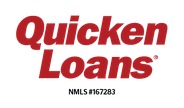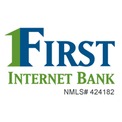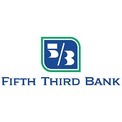- Minimum credit score
- 620
- Closing costs
- 2% - 5%
- Repayment terms
- 360 months
LendingTree is a financial marketplace where borrowers can receive quotes from multiple lenders by submitting a single application. You can get quotes for home equity loans, mortgages, student loans and more.
It's our choice for a low starting annual percentage rate (APR) because you can easily find the lender with the lowest rates. To get a personalized quote, simply complete a quick application on its website.
- Receive multiple quotes from lenders through a single application
- Easily compare quotes in one location
- Transparent pricing with rates, fees and other details
- Not an actual lender
- Possible spam or too many calls after application
Borrowers like the ability to save time by filling out just one application in order to receive multiple offers. They are generally happy with the lenders they meet through the service. A reviewer from Little Rock, Arkansas, said: “I filled out a mortgage inquiry on LendingTree and received phone calls almost immediately from lenders about my inquiry. The process was easy and put me in contact with the right lender based on my information.”
However, many of the online complaints suggest that borrowers can quickly become overwhelmed by the number of calls and emails they receive. One reviewer from Youngstown, Ohio, complained that his phone "was hammered with calls in five minutes as soon as I hit submit."




























